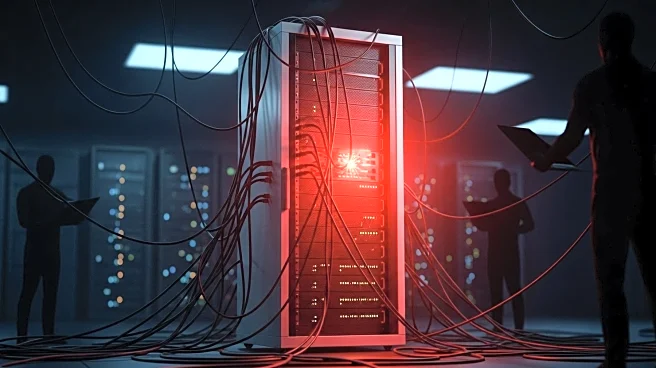What's Happening?
A malicious open-source Model Context Protocol (MCP) server package has been discovered exfiltrating private emails to its publisher, according to Koi Security. The package, hosted on npm, mimicked a legitimate project and included a backdoor that BCC'd emails to an unauthorized address. The publisher uploaded multiple versions of the package before adding the malicious code. Despite the package's deletion, users with the package installed may still have their emails compromised. Koi Security advises users to remove the package and audit their MCP servers.
Why It's Important?
The discovery of the malicious MCP server package highlights significant cybersecurity risks associated with open-source software. As MCP servers integrate AI tools with various services, the breach underscores the importance of scrutinizing software sources and maintaining robust security measures. The incident serves as a cautionary tale for developers and organizations relying on open-source solutions, emphasizing the need for vigilance and thorough audits to prevent data breaches and protect sensitive information.
What's Next?
Users affected by the malicious package are advised to remove it and rotate any exposed secrets. Organizations may need to implement stricter security protocols and conduct regular audits of their software systems. The incident may prompt increased scrutiny of open-source projects and encourage the development of more secure software solutions. Stakeholders, including developers and cybersecurity experts, may collaborate to enhance security measures and prevent similar breaches in the future.
Beyond the Headlines
The breach raises ethical and legal concerns regarding the trustworthiness of open-source software. It highlights the potential for malicious actors to exploit vulnerabilities in widely used technologies, posing risks to privacy and data security. The incident may lead to long-term shifts in cybersecurity practices, emphasizing the importance of transparency, accountability, and collaboration in safeguarding digital assets.








